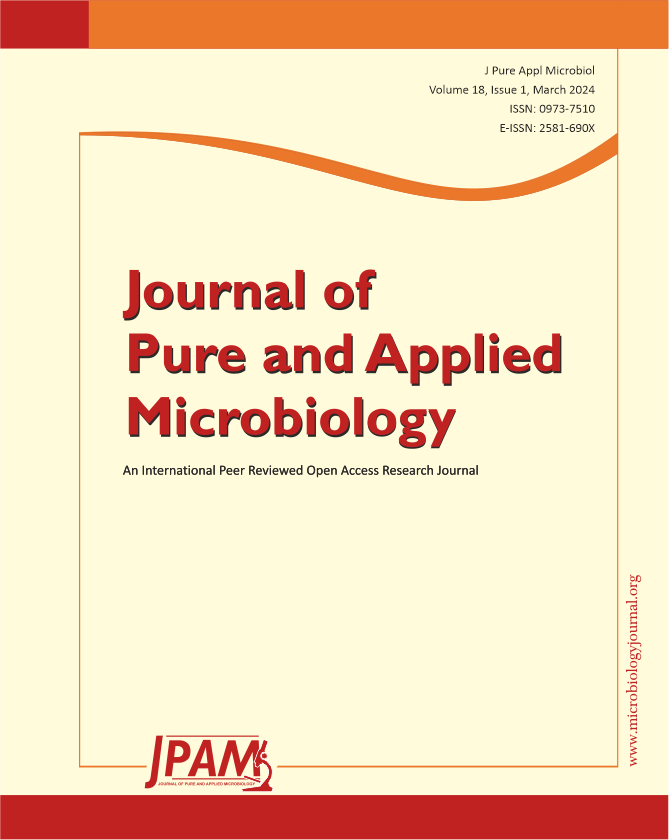Urinary tract infections (UTIs) are among the most frequently encountered infections for which individuals seek medical attention. They are usually ascending infections and if left untreated the causative agent can ascend the ureters causing pyelonephritis and, furthermore, enter the bloodstream causing systemic infections and urosepsis. Appropriate treatment prevents progression of disease. Escherichia coli is responsible for 80-95% cases of UTI. This study was undertaken to study the antimicrobial resistance among Escherichia coli isolated from patients suffering from UTI over 4 years at a tertiary level medical facility. A retrospective case series study was conducted. All UTI with significant bacteriuria due to E. coli were included in the study. Identification, speciation and antimicrobial susceptibility testing was done as per standard laboratory practices. A total of 555 strains of Escherichia coli were included in the study. Overall highest resistance rates for E. coli were seen among cephalosporins and fluoroquinolones while least overall resistance was seen for nitrofurantoin. There was gradual rise in resistance for carbapenem over the 4 years. The predominant microorganism responsible for all types of infections affecting the urinary tract is Escherichia coli. Empirical antimicrobial therapy for urinary tract infections may be unsuccessful, as resistance rates among E. coli are constantly increasing. The present study provides information regarding the antimicrobial susceptibility pattern over a period of 4 years. It shows that there is a gradual but consistent decrease in antimicrobial susceptibility among the isolates. Hence, it has become necessary that antimicrobial therapy be based on culture reports. Also, frequent and periodic updating of antimicrobial policy is essential.
Urinary Tract Infections, Uropathogenic E. coli, Escherichia coli, Antimicrobial Resistance
© The Author(s) 2024. Open Access. This article is distributed under the terms of the Creative Commons Attribution 4.0 International License which permits unrestricted use, sharing, distribution, and reproduction in any medium, provided you give appropriate credit to the original author(s) and the source, provide a link to the Creative Commons license, and indicate if changes were made.


